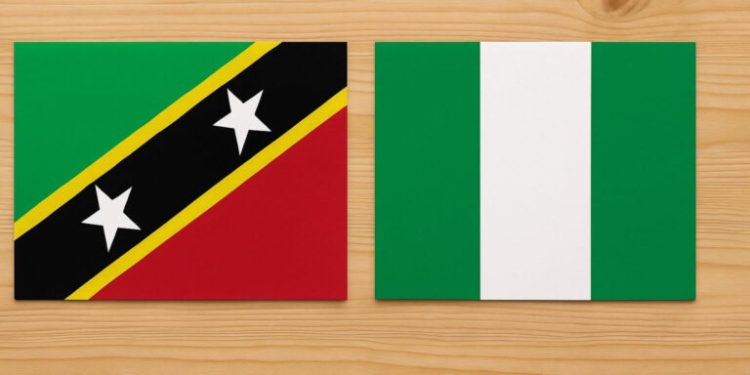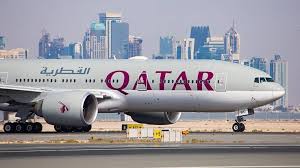US Issues Fresh Travel Advisory Warning Against Travel to Nigeria

The United States government has issued a new travel advisory cautioning its citizens against travelling to Nigeria due to a combination of security threats and inadequate healthcare services.
The advisory, released as part of the US security review for Africa, cited kidnapping, terrorism, armed gangs, and violent crime as major risks. It also flagged the poor availability of healthcare services and warned travellers to make provisions for all necessary medications and emergency care before visiting.
Nigeria was listed alongside 11 other high-risk African countries, including Somalia, Libya, Burkina Faso, South Sudan, Democratic Republic of Congo, Uganda, Burundi, Mauritania, Guinea-Bissau, Niger, and Chad.
The US State Department categorised Nigeria under Level 3: “Reconsider Travel”, with 18 states placed under Level 4: “Do Not Travel”. These include:
- Borno, Yobe, Kogi, and northern Adamawa (terrorism and kidnapping)
- Bauchi, Gombe, Kaduna, Kano, Katsina, Sokoto, and Zamfara (kidnapping)
- Abia, Anambra, Bayelsa, Delta, Enugu, Imo, and Rivers (except Port Harcourt) (crime, armed gangs, kidnapping).
The US Mission in Nigeria highlighted the prevalence of violent crimes such as armed robbery, assault, carjacking, roadside banditry, and kidnappings for ransom, warning that terrorists may strike with little or no notice at public places, hotels, markets, and transportation hubs.
Additionally, the advisory underscored Nigeria’s high malaria risk, unreliable healthcare services, lack of emergency response infrastructure, and counterfeit pharmaceuticals, urging travellers to secure comprehensive travel and medical evacuation insurance.



